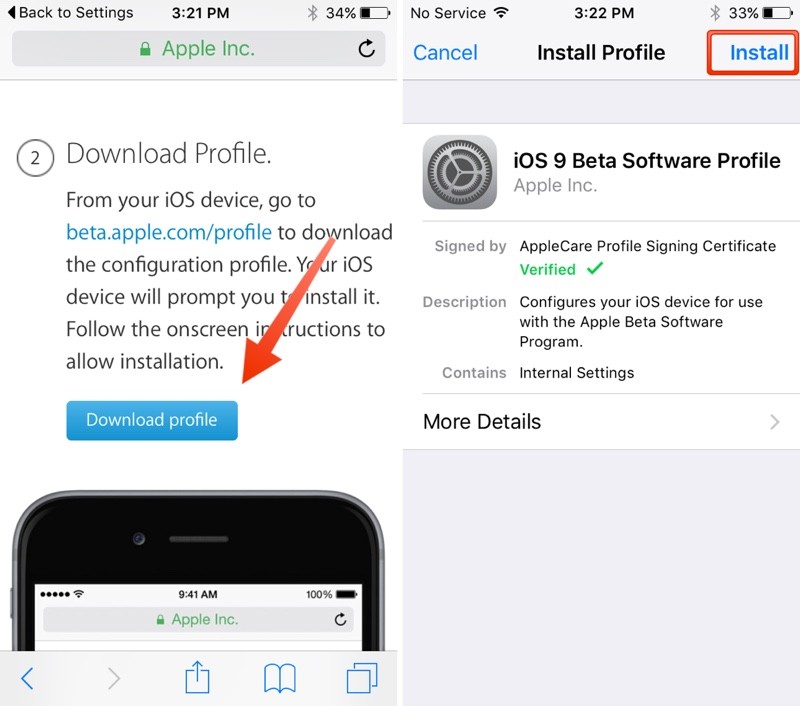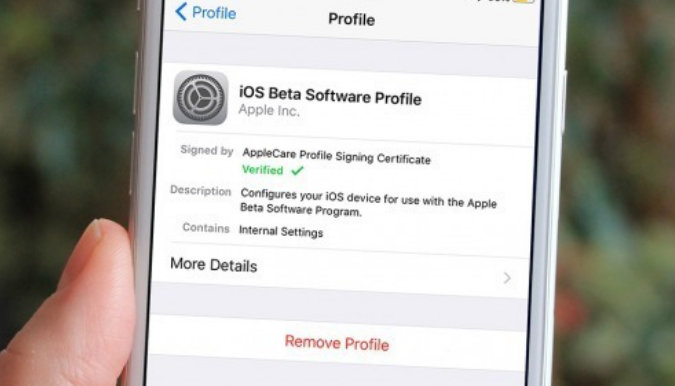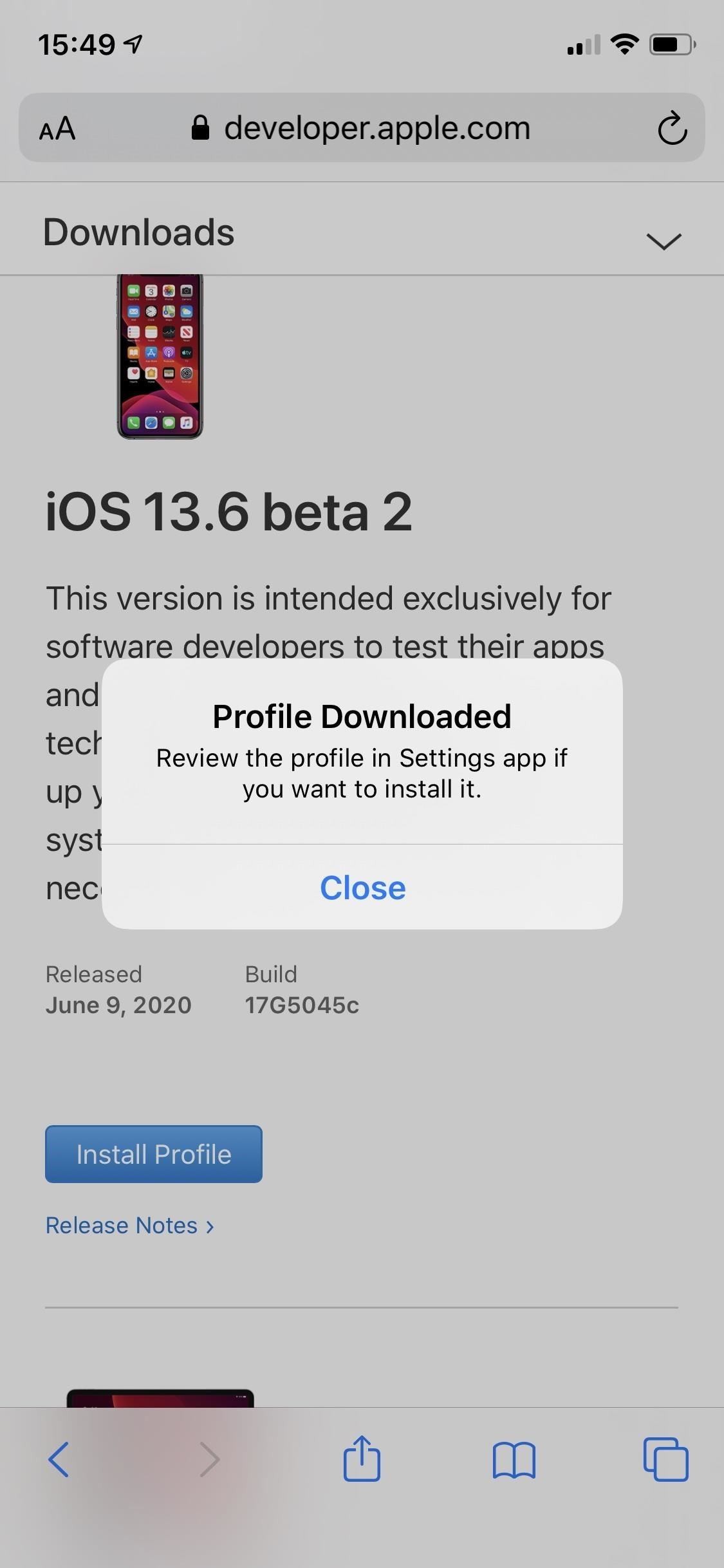

Wait until the upgrade procedure is finished. On "Summary", select Check for update then choose Download and update.

Then connect your iPhone or iPad to your computer and select your iOS device. If you decide to use the iTunes method, you should install the latest version of iTunes. If you have restrictions PIN active on the phone, you’ll be asked to introduce it. Click on it to initiate the iOS update procedure. You’ll see an option called "Download and install". From the Settings menu go to General then select Software update. If you use iCloud or over the air (OTA) updates, here’s what to do. You have two options to update your iPhone or iPad to the latest iOS, from iCloud or using iTunes. Once you’ve performed a backup of your data, you’re ready to perform a safe iOS upgrade. To deactivate automatic iCloud backups, go to Settings → iCloud and click on Backup. It’s an important step, as your initial iCloud backup could be overwritten by an incomplete one, or by a backup of the phone in a failed state. This will stop any unwanted backup being made after you update. Once you make a new iCloud backup, deactivate iCloud automatic backups after the backup is performed. If you don’t know where the iTunes files are located on your computer, check this article. Make an iTunes backup and a copy of it which you can store on Dropbox or on a different computer, as a "plan B". Save your files in a safe place if you make iTunes backups.

You have two options: an iTunes or an iCloud backup. How to safely update iOS on your iPhone or iPad Make sure your data is safeīefore starting any iOS update make sure your iPhone or iPad data is saved.

How to safely update iOS on your iPhone or iPad.This guide tells you all you need to know about installing new versions of iOS, upgrading to them, downgrading, and restoring data.


 0 kommentar(er)
0 kommentar(er)
